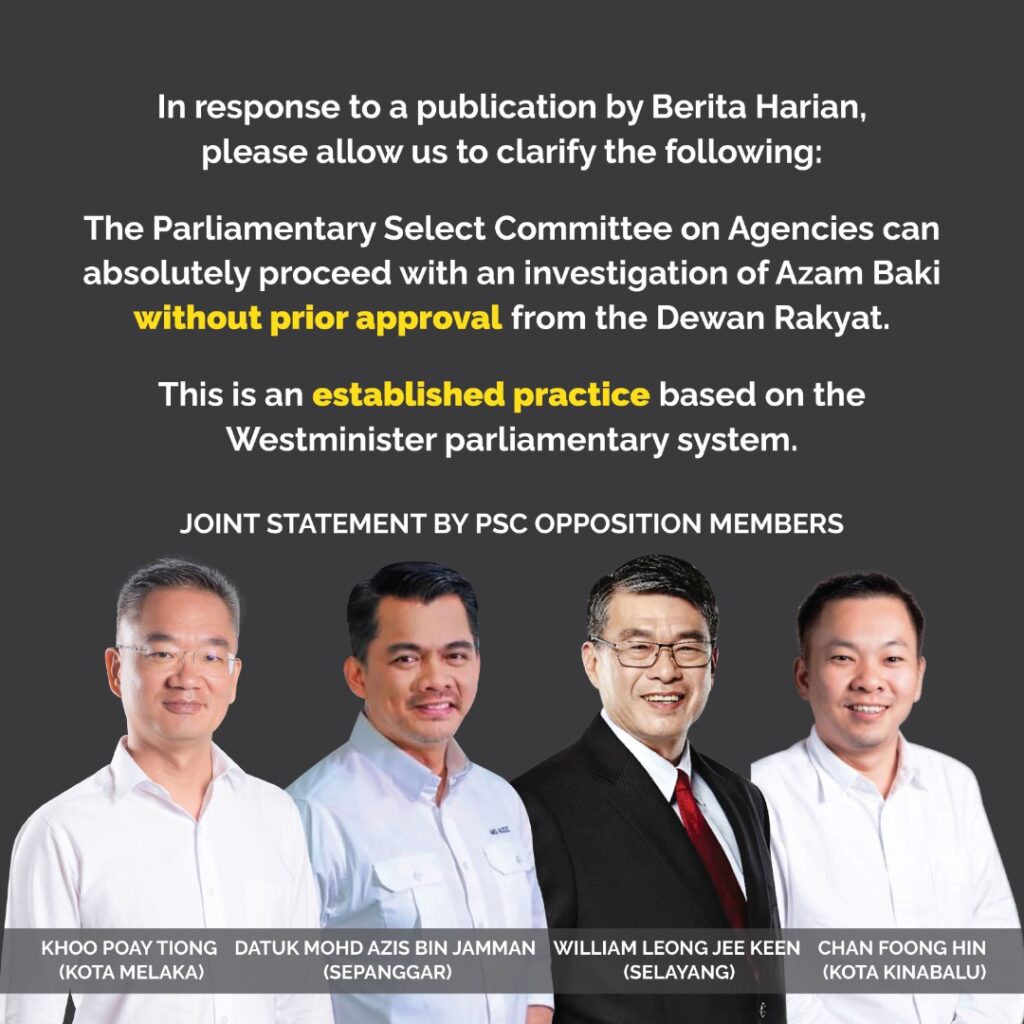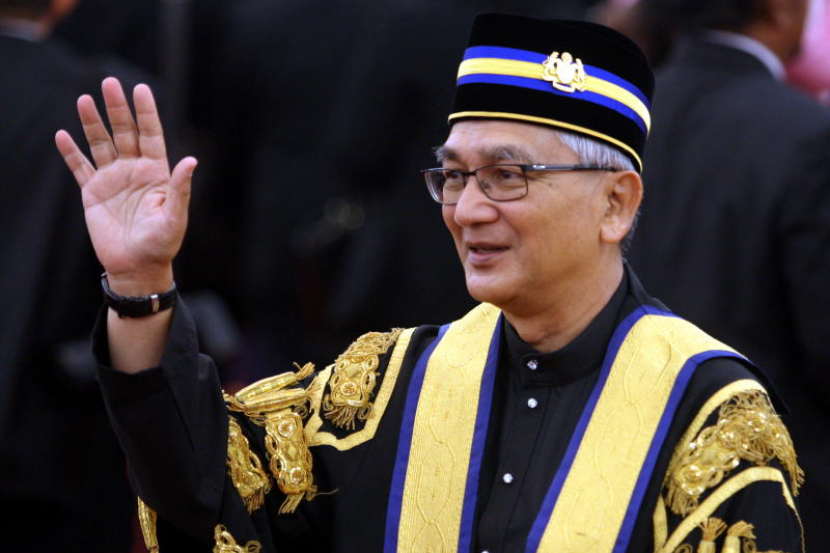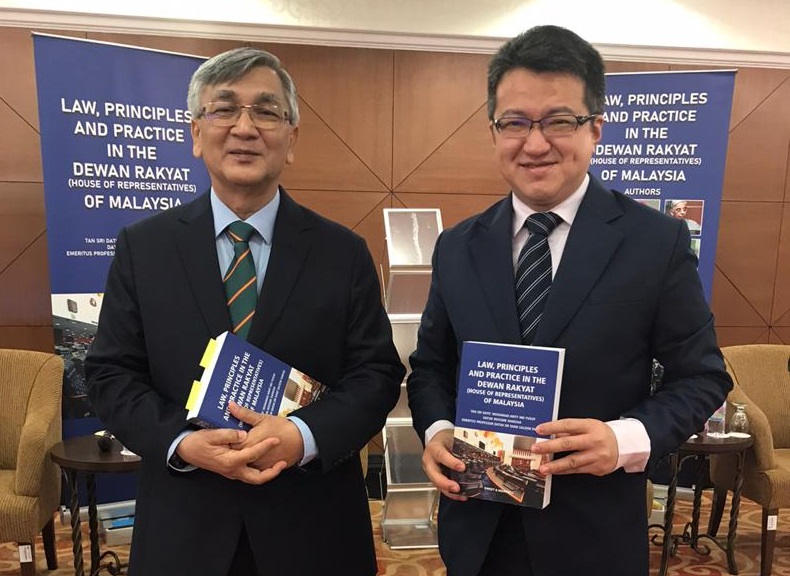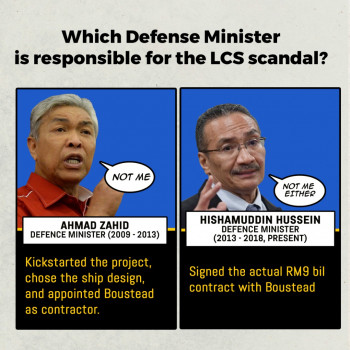
We, the Opposition Members in the Parliament Select Committee on Agencies under the Prime Minister’s Department (“PSC”) refer to the statements by Jais Abdul Karim, president “Permerhati Rasuah Malaysia (“MCW”) and Prof Dr Nik Ahmad Kamal Nik Mahmood, a lecturer in Universiti Islam Antarabangsa Malaysia.
It is reported in the Berita Harian 18 January 2022 publication that both Jais Abdul Karim and Prof Dr Nik Ahmad are of the opinion that the PSC inquiry on the Tan Sri Azam Baki share transactions does not comply with Standing Order 83(4) because the Dewan Rakyat has not given its prior approval for a specific resolution to refer the matter to be investigated by the PSC.
The opinion of Jais Abdul Karim and Prof Dr Nik Ahmad may perhaps be based on an uninformed reading of the Standing Orders and the lack of familiarity with the parliamentary procedure and practice particularly the Westminster parliamentary system which operates based on both written rules and also customs and conventions.
The mandate of parliamentary select committee, the custom and convention of the Dewan Rakyat, read together and in harmony with the Standing Orders is that the House provides a broad and general or overarching mandate to the PSC and it is for the PSC to decide on and conduct inquiries on specific issues within the general mandate.
This is the established practice that the various Parliament Select Committees have been conducting inquiries into the different areas and issues, which reports have been tabled to the Dewan Rakyat.
No prior specific referral was given by the Dewan Rakyat for the Parliament Select Committee concerned to conduct any of these inquiries.

A few examples of this parliamentary practice and procedure for select committees to hold inquiries without a prior specific referral from the House are set out below:
- UK House of Commons Guide for Conduct of a Committee Inquiry provides that committees choose their own subjects of inquiry, although such inquiries must come within an individual committee “terms of reference”;
- The UK House of Commons Guide and confirmed by Erskine May at page 743 that the terms of reference of a select committee is for the select committee itself to interpret. The Speaker of the House of Commons have upheld this practice on several occasions;
- It is stated in the book “Law, Principles and Practice in the Dewan Rakyat (House of Representatives) of Malaysia” authored by Tan Sri Dato Mohamad Ariff Md Yusuf, Datuk Roosme Hamzah and Emeritus Prof Datuk Dr Shad Saleem Faruqi at page 379 on Select Committees that:

“the terms of reference of special select committee have been kept broad to allow for matters within their respective portfolios to be brought before the relevant committee either upon a motion of referral by the House or any Member thereof or, in appropriate circumstances, matters could even be considered on their own initiative, from requiring briefing from ministers and civil servants to conducting inquiries.”
There is a practical purpose for the established practice of the Dewan Rakyat which is consistent with the best practice of select committees in the Westminster system. It is because Parliament does not sit throughout the year. The sittings are time-limited with fully-packed agenda.
It is therefore impractical, illogical and against public interest if PSC are rendered impotent having to wait for a specific referral from the Dewan Rakyat before they can respond and undertake inquiries into current and urgent issues and affairs of the country.
It is hoped that the issue as to the powers of the PSC to hold the inquiry into the Azam Baki share transactions is clarified.
Dated 20th January 2022
Khoo Poay Tiong (Kota Melaka)
Datuk Mohd Aziz bin Jamman (Sepanggar)
Chan Foong Hin (Kota Kinabalu)
William Leong Jee Keen (Selayang)



